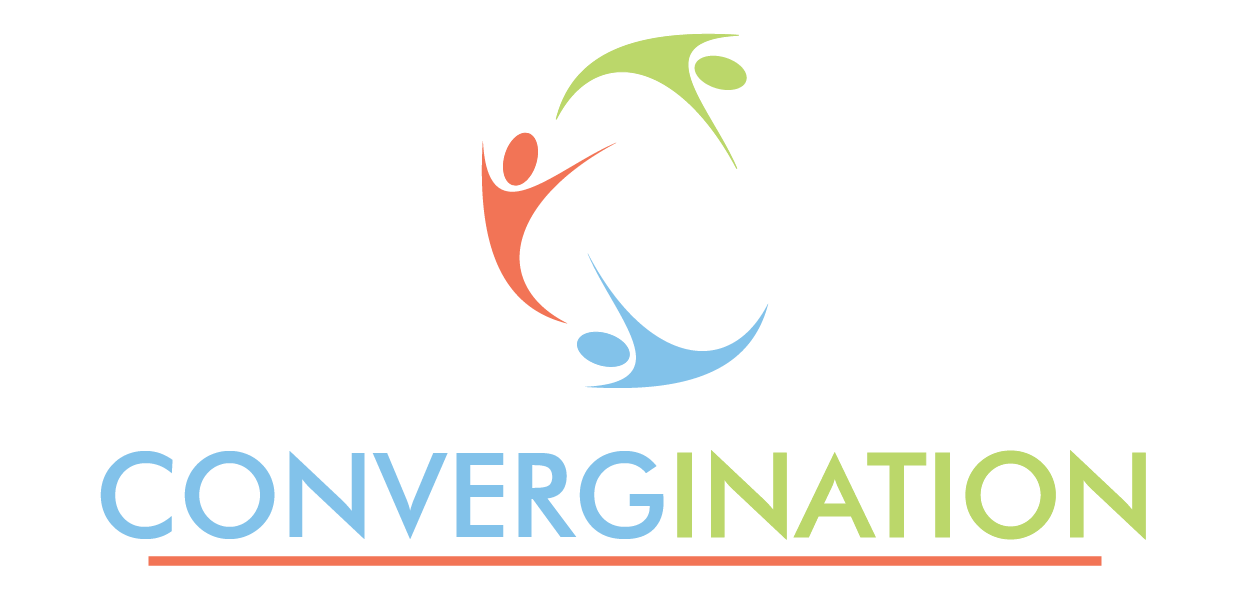Big data is big in almost every possible sphere of business and marketing. Conferences are loaded with sessions on big data. Online and print journals are filling up pages advocating big data. Industry analysts are bullish about it. And even fresh university graduates are throwing in big data in resumes and interviews. It is almost positioned as a magic potion that is going to solve most business and marketing problems. Needless to say marketers are excited about it and trying to embrace it quickly. Agency executives are busy creating decks highlighting their domain expertise and capabilities.
Social marketing is not spared from the big data euphoria. I have seen many arguments stating in order to solve the social puzzle we must embrace big data. Prima facie such arguments make sense because we all are living in the age of hyper-sharing. We are circulating content at an exponential rate and adding to clutter constantly. So it is now humanly impossible to process and manage the social data. The situation in social sphere matches with how the big data is often defined: a collection of data sets so large and complex that it becomes difficult to process using on-hand database management tools or traditional data processing applications. The challenges include capture, curation, storage, search, sharing, analysis, and visualization.
In my opinion usage of big data in social marketing is misplaced. There are several reasons for that.
First and foremost, social audiences are not a bunch of numbers or large data sets. They’re individuals with different emotions, aspirations, hope, and opinions. They speak different languages and come from diverse places. We need to understand them and connect with them individually. We need to give them respect and warmth so that they can share small details about their lives, likes, dislikes, needs, wants, and preferences. It takes time and several attempts to build rich data.
Secondly, machine-based data processing often lacks contextual understanding. Human emotions and opinions are expressed in many different and complex ways. So on the face of it the analysis and visualization can look interesting but once you dig deeper it is apparent that the analysis is missing the contest. I recently came across a great example of a big data analysis and visualization missing the context. Here is the link: http://blog.gramener.com/479/the-mahabharatha-in-pictures.
It is a big data analysis done on one of the oldest and largest epics in the world – Mahabharata with 1.8 million words. In this big data analysis they largely focused on data patterns and words. It looks cool but for those who know the story, you can easily find out that the context is missing and the data is misinterpreted.
Thirdly, with big data marketers run the risk of getting lost in data patterns and generalization. In my opinion it seldom works. Social platforms are all about individual connections and relevance. I’ve been hanging around on Facebook for years but none of the advertising displayed on Facebook has ever appealed to me or made me take any action. It is designed in a very generalized format and targeted at me because I fit a particular profile classification.
Fourthly, big data is likely to process and present a lot of meaningless data from a marketing viewpoint. People are sharing all sorts of things on social platforms and many of them are not relevant to other people or brands. For example, someone saying “Hmmmm” or announcing, “what happened in the washroom” has very little value over a person expressing an opinion on a product or service.
Finally, I think the need of the hour is on smarter data rather than big data. And smarter data needs to start at the individual level. If we do a poor job of capturing, curating, processing, managing, and storing of small data then we run the risk of processing junk with the super efficiency of big data engines.
I read a quote by Arthur Conan Doyle and I think it appropriate in this big data euphoria:
“It has long been an axiom of mine that little things are infinitely the most important.”
(Originally published on ClickZ Asia on 26th March 2013)
